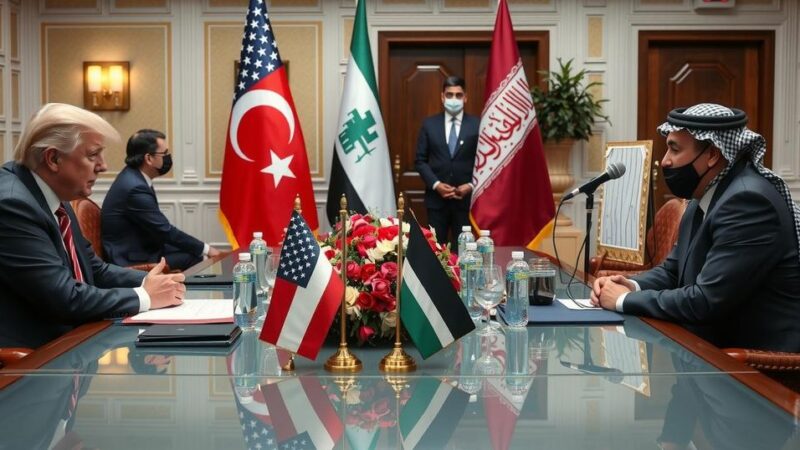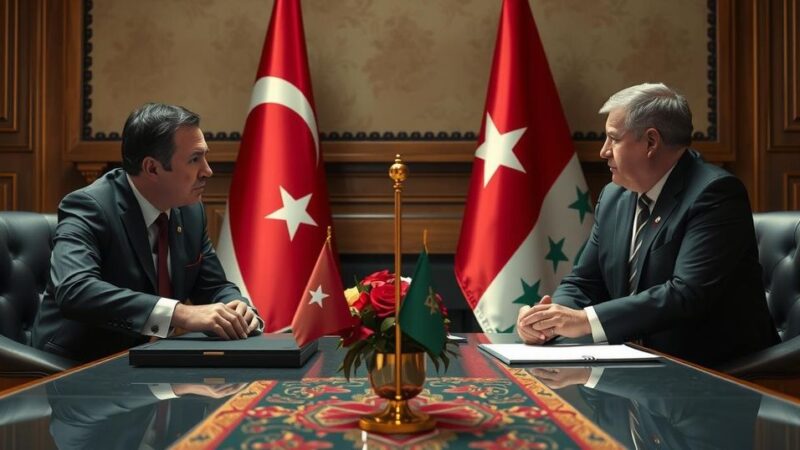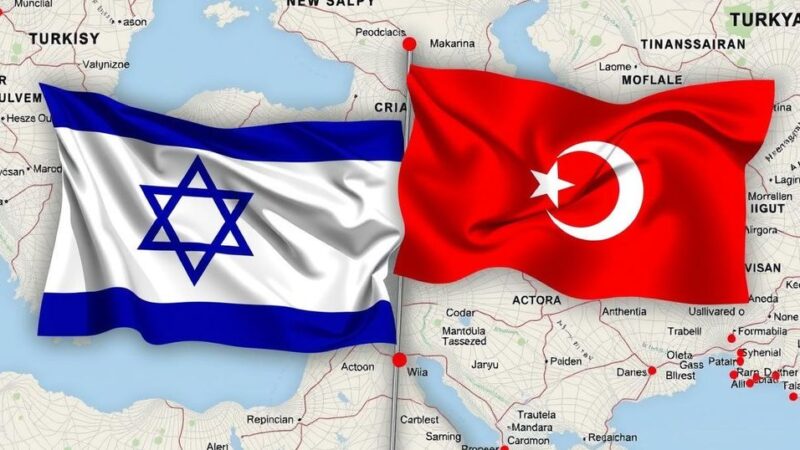The Biden administration faces diplomatic challenges in Lebanon and Gaza, struggling to negotiate cease-fires amid escalating Israeli military operations against Hezbollah and Hamas’ reticence to engage. Frustrations arise from a reactive approach to the geopolitical situation influenced by Iran and the non-cooperative stances of both militant groups, complicating U.S. efforts to foster stability in the region.
The Biden administration is currently grappling with significant diplomatic challenges in Lebanon and Gaza. Despite President Biden’s assertion that “we need a cease-fire now” in Lebanon, the administration has tempered its language regarding a temporary truce between Israel and Hezbollah, as U.S. officials acknowledged that Israel plans to intensify its military operations in Lebanon. State Department spokesperson Matthew Miller noted that while military pressure could facilitate diplomatic efforts, it carries risks of miscalculations and unintended consequences, indicating ongoing discussions with Israel about these concerns. This shift in tone arose after Israel communicated intentions to conduct “limited” ground incursions into Lebanon aimed at dismantling Hezbollah infrastructure, following extensive aerial assaults over recent days, including an attack that resulted in the death of prominent Hezbollah leader Hassan Nasrallah. Concurrently, the U.S. has faced setbacks in negotiating a cease-fire in Gaza, with Hamas displaying reluctance to engage with mediators from Egypt and Qatar, which has hindered the Biden administration’s efforts to finalize a proposed arrangement. Miller expressed frustration over the inability to obtain clear responses from Hamas regarding their potential agreements. The ongoing conflicts, triggered by Hamas’s attack on Israel on October 7, have strained U.S. diplomats, who are striving to prevent escalation throughout the Middle East. According to Brian Katulis, a senior fellow at the Middle East Institute, the frustrations experienced by the Biden team stem from their optimistic outlook and failure to confront the harsh realities of the current geopolitical climate in the region. Katulis contends that both Iran, a backer of Hezbollah and Hamas, and Israel’s right-wing government escalate tensions toward a regional conflict and emphasized that the administration appears to be reactive rather than proactive, lacking the necessary strategies to navigate these challenges effectively. Israel perceives little advantage in reducing its military efforts in Lebanon, having already achieved significant targets and contributing to the restoration of security along its northern border. U.S. officials have conveyed that the Israeli government assesses a diplomatic solution—such as a 21-day ceasefire endorsed by the Biden administration, France, and other countries—as antithetical to its goal of quickly facilitating the return of Israelis displaced by Hezbollah’s continued rocket assaults. While caution surrounding provocation of Iran remains, some administration officials and analysts now view Tehran’s willingness to become fully involved in the conflict as diminishing. They suggest that Iran’s military disadvantages may preclude a comprehensive direct confrontation, with senior fellow Behnam Taleblu remarking that Iran’s actions are likely contingent on perceiving an existential threat to its homeland from Israel.
The Biden administration’s diplomatic endeavors have been complicated by ongoing military actions involving Israel, Hamas, and Hezbollah. Following an attack by Hamas that initiated further escalations in the region, the U.S. has been attempting to negotiate cease-fires to ease tensions both in Lebanon and Gaza. However, the administration’s ability to influence outcomes has been limited by the refusal of Hamas to engage in dialogue, among other geopolitical dynamics in the region, which complicates U.S. foreign policy.
In conclusion, the Biden administration’s efforts to mediate cease-fires in Lebanon and Gaza are stymied by military developments and the unwillingness of key actors, particularly Hamas, to engage in negotiations. The administration finds itself in a reactive stance, grappling with a challenging geopolitical landscape exacerbated by Iranian influences and Israeli military strategies. The complexities of achieving a diplomatic resolution remain substantial, necessitating a concerted approach involving U.S. leadership and collaboration with regional partners to reinvigorate prospects for peace.
Original Source: abcnews.go.com







